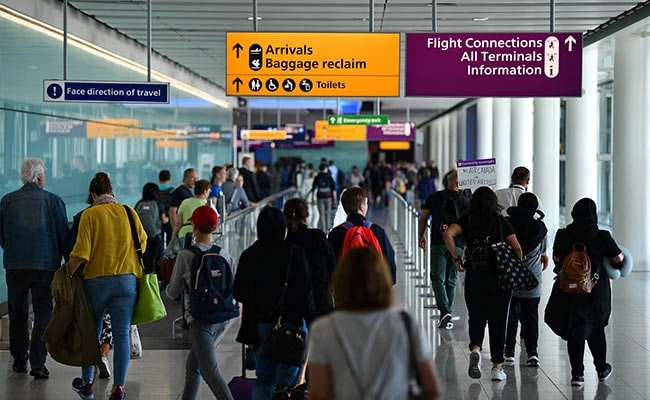A woman from the UK has expressed her frustration regarding the staff at Heathrow Airport after an incident where she encountered Indian employees who did not communicate in English. This situation has sparked a debate about the language expectations in international airports, particularly in a multicultural environment like the UK. The woman, feeling inconvenienced by the language barrier, took to social media to voice her discontent, which in turn has prompted discussions about the role of English as a global lingua franca and the responsibilities of airport staff in accommodating diverse travelers.
Heathrow Airport, one of the busiest in the world, serves millions of passengers from various countries, making it a melting pot of cultures and languages. While English is predominantly spoken, staff members often come from diverse backgrounds, and many are multilingual. However, the expectation that all employees should converse exclusively in English raises questions about inclusivity and the challenges faced by non-native speakers. Critics argue that such demands can perpetuate a sense of exclusion and fail to recognize the value of linguistic diversity in a globalized society.
The incident has highlighted a broader issue regarding cultural sensitivity and the need for effective communication in international settings. While it is understandable that travelers prefer to communicate in a language they are comfortable with, it is equally important to appreciate the efforts of staff who may be doing their best to assist in a language that is not their first. This situation calls for a balance between accommodating the needs of passengers and recognizing the multilingual capabilities of airport staff. In an increasingly interconnected world, fostering understanding and patience can enhance the travel experience for everyone involved.
Ultimately, this incident serves as a reminder of the complexities of language in a global context. As airports continue to evolve into hubs of international travel, the need for cultural awareness and adaptability becomes paramount. Encouraging a more inclusive dialogue around language use can not only improve customer satisfaction but also promote a more harmonious environment where diverse cultures coexist and thrive. The conversation surrounding language at Heathrow is just one example of the larger narrative about globalization, identity, and the importance of embracing diversity in all its forms.




